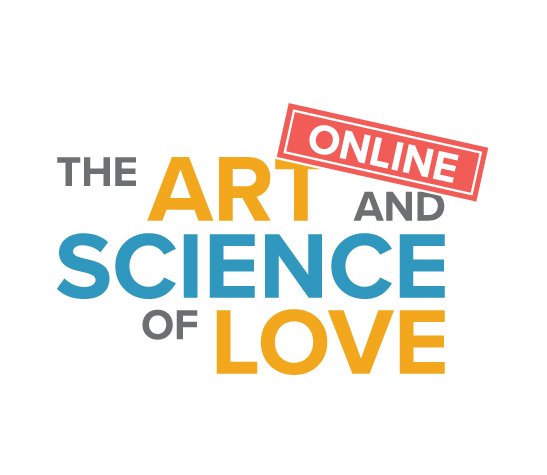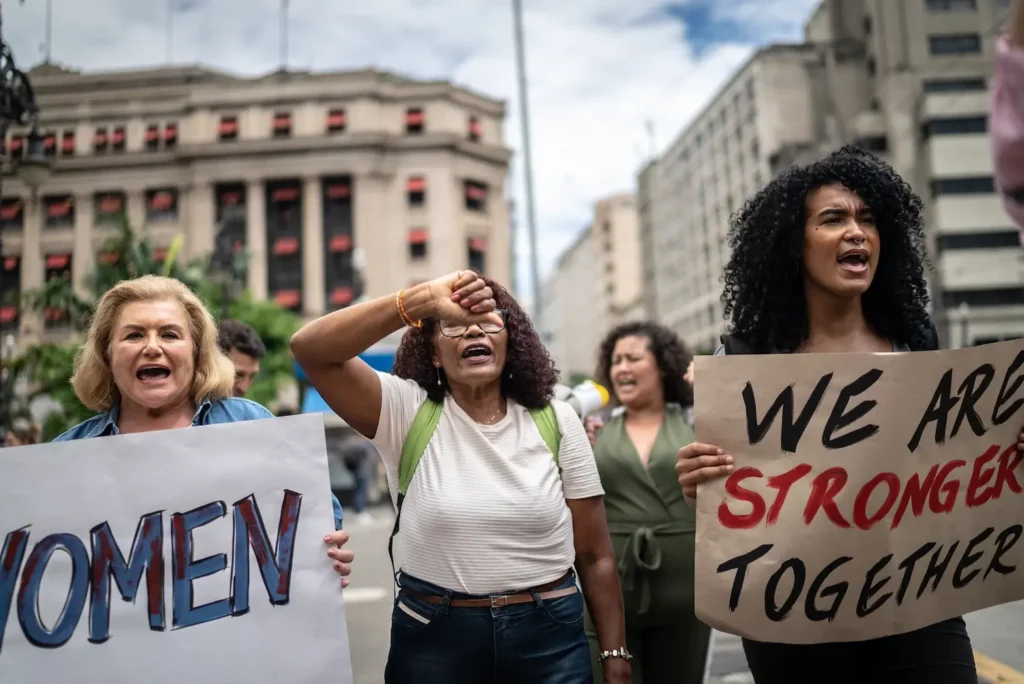The line between love and hate, passion, and pain (especially if you have experienced trauma)
can feel as thin as a sliver. The reasons for this are complex, but what is essential to know is that
when researchers put two strangers on a perilous, swinging bridge together, the strangers are
more likely to be attracted to one another than if they are seated on a park bench or standing
side-by-side, in the produce aisle. What is essential to know is that fear deepens human bonds
and that bonds are not only little oxytocin bubbles floating blissfully between caregiver and
infant. Bonds can be heavy as chains, can shackle you to a relationship even as you hold out your
hands willingly, asking to be tethered.
Ongoing relational strife, especially when it involves repeated betrayals, fear, and trauma,
triggers our nervous systems to remain in a perpetual state of vigilance. Feelings like loneliness,
sorrow, disappointment, and even anger get shut down because history has demonstrated that
attempts at communication predictably devolve into contempt and isolation. We become
unplugged from ourselves, unknowingly grieving parts of us that have long since grown dormant.
Emotions that were once easily accessible get swallowed whole by one singular focus: we must
not lose the relationship. Out of a fear of abandonment, we unknowingly abandon ourselves.
It Can Be Trauma Bonding and Love
Is it trauma bonding or love? Are relationships ever really that black and white-—that right or
wrong-—that good or bad? How do we reconcile that sometimes [even good] love hurts and
discern what is healthy from what is toxic? What do we do when faced with the very real scenario
that it is possible to love someone you are trauma-bonded with, and therein lies the ache?
Intimacy Versus Intensity
Love, at its best, pushes both people to grow; it is hallmarked by mutuality. Intimacy is the
engine of this growth, which means there is a continual familiarity and friendship and closeness
nurtured by the couple, who believe that what is good for me must be good for we and embody
their commitment regardless of circumstance. Sometimes, this stance manifests in counter-
intuitive ways. In firmly but kindly holding a partner accountable. In not being reasonable when
un-reasonability is all we are given. We must be brave with this kind of love. We must be willing
to choose courage over comfort, getting better over getting along, and running headlong into
heartbreak.
Trauma bonds feed off intensity, with one person assuming the role of victim and the other of
victimizer. Fear and arousal get conflated with passion and vulnerability. Commitment is often a
moving target, with one person leaning in and the other leaning out and threats of abandonment
or betrayal intermittently looming in the ethers. This intermittentness is the hook; interspersed
between episodes of contempt, withdrawal, and intense drama, there can be sweetness,
seduction, and even fun. Not a lot, but enough. Enough to keep us coming back because, at its
core, trauma bonding is an addiction. And like any addiction, we lose our ability to choose freely
whether to stop or continue a behavior—whether to stay or leave our partner. Trapped in a
relationship that, over time, has adverse consequences on our health, freedom, job, family, and
friendships, we become consumed, neglecting to nurture the very things that would give us
strength and empower us to make healthier choices.
There are exceptions. Sometimes, a stance of chronic ambivalence, of vacillating between leaning out and leaning in, is a ploy to avoid deeper commitment. But other times, we are procrastinating because we are afraid and hoping to thwart the inevitable—that moment when we face the fallout and must function securely with a partner who will not.
Educate Yourself
The truth is that knowing how to discern trauma-bonding from love is not enough. Most of us
know that swinging on that perilous bridge is fraught and that the highs can be oh-so spectacular
but that the lows are slowly killing us. This is not so far from the truth: the Harvard Study of
Adult Development, the most extensive study of its kind, established a strong correlation between
high-conflict, lonely relationships, and poor health. It turns out that bad relationships are worse
for you than smoking. That loneliness, particularly in proximity to an unreachable other, is a
unique kind of agony devoid of the peace and solace our hearts and minds require to thrive.
Acknowledging we are trauma-bonded with someone we love is painful: riddled with shame,
confusion, and lurking anticipatory grief that unknowingly mires us down. Healing is a long road.
No amount of therapy, ongoing or short-term, will help if we do not deal with the core problem:
trauma bonding. Which, as formidable as it sounds, is doable. There are many essential
resources, classics like Betrayal Bonds by Patrick Carnes, Codependent No More by Melody
Beattie, and Daring Greatly by Brené Brown.
Shift Your Perspective
There is (slowly) learning to shift your perspective and appreciating that bonds (of all kinds) are
not good or bad but inherently neutral, having evolved to serve a purpose: to establish a link and
foster connection that supports (and enhances) survival. Meaning your bonds, at their best, were
and are a physical and psychological footprint of your desire to love and be loved—to form
healthy attachments. Despite things having gone awry, nothing can change that.
Grieve
And there is grief; as contradictory (and unpleasant) as it may feel, making room for any sorrow
you have pushed away because it’s just too painful is your key out of trauma bonding because
grief is sister to acceptance, and acceptance is about dealing with reality. Reality is not the
relationship you dreamt of or longed for but the relationship you are in—trauma bonds and all.
Even if this relationship endures, it will change. The relationship you had, or the relationship you
thought you had, or the one you had hoped for is no more. And as hard as it may be to believe,
ultimately, this might bring healthier things you can’t yet see.
We have many relationships in one lifetime, sometimes with one person and sometimes with
multitudes. As existentially provocative as this may sound, it is an inherently hopeful stance
abounding with grace: we can change, heal, and better ourselves. With hard work, patience, and
proper support, we can free ourselves from trauma bonds, form secure attachments, and love
well.








